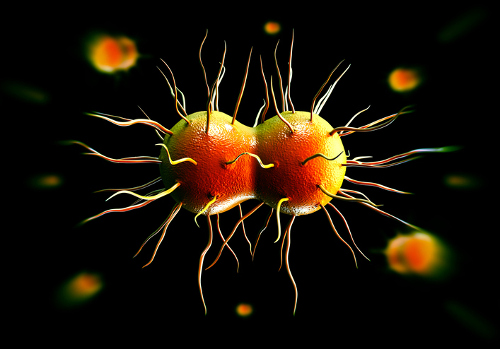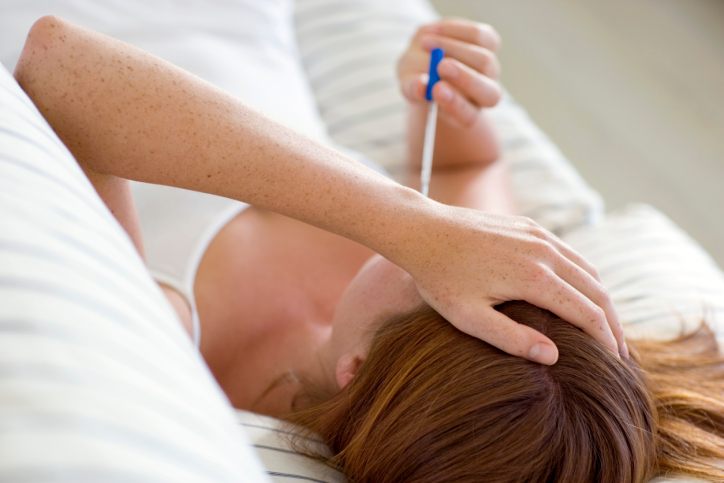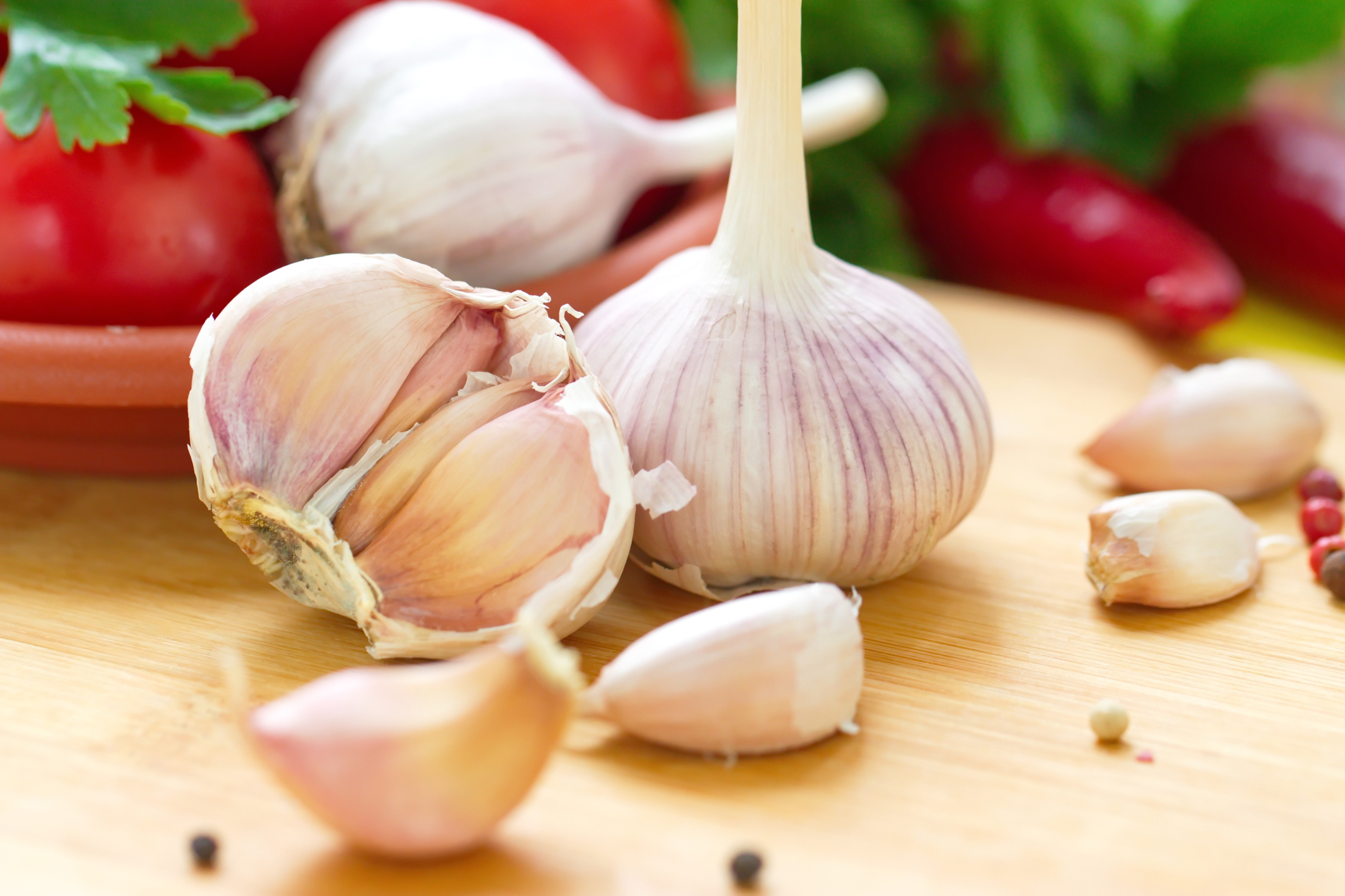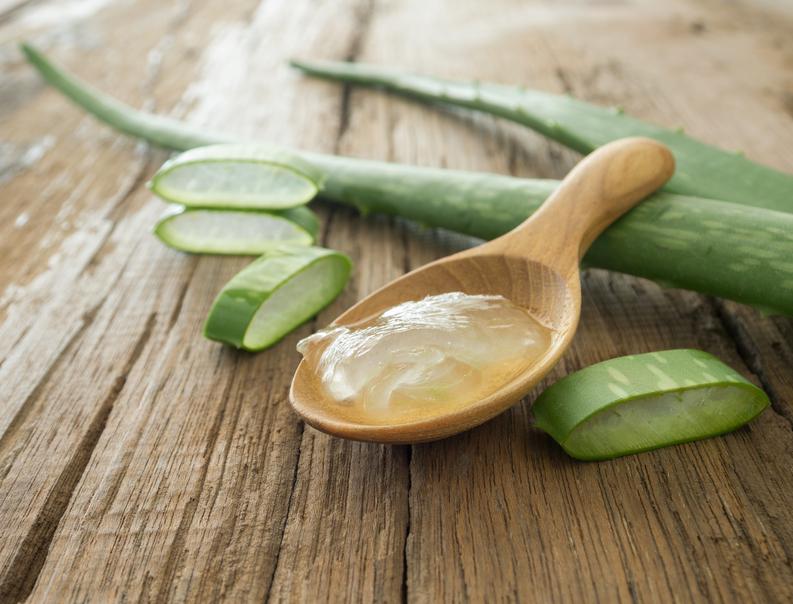 Sexually transmitted diseases are no fun and gonorrhea is no exception. Informally known as “the clap,” gonorrhea is common in young people between the ages of 15 to 24 but can occur at any age. Men and women may show different gonorrhea symptoms, but gonorrhea treatment generally remains the same.
Sexually transmitted diseases are no fun and gonorrhea is no exception. Informally known as “the clap,” gonorrhea is common in young people between the ages of 15 to 24 but can occur at any age. Men and women may show different gonorrhea symptoms, but gonorrhea treatment generally remains the same.
As you may not show signs of the disease within the first 30 days, it’s important to know what gonorrhea is and any physical changes to look out for. We will also explore various gonorrhea home remedies to ease your discomfort.
What is Gonorrhea?
Gonorrhea is an infection of the Neisseria gonorrhoeae bacterium spread by unprotected sexual contact. Gonorrhea can also be passed from mother to newborn during delivery. If diagnosed early, most infections are successfully treated with antibiotics.
Gonorrhea Symptoms in Men
Men usually notice the following symptoms long before other complications arise. Most symptoms are present within one to 15 days, but there are cases where no symptoms exist until the infection spreads to other areas. It should be mentioned that a male does not have to ejaculate to spread or receive the infection.
- Pain in scrotum or testicles
- Unusual discharge from the penis that appears clear or milky before changing to a yellow creamy discharge
- Pain when urinating
- Discharge, pain, itching, or bleeding from the rectum
- Painful and swollen joints
Gonorrhea Symptoms in Women
Women can mistake gonorrhea symptoms for those of a bladder or vaginal infection as they can be similarly mild. Note many of the symptoms are parallel to those in men with several additional symptoms specific to women.
 Pain during urinating
Pain during urinating- Pain with sexual intercourse
- Discharge, bleeding, or itching in the anal region
- Unusual vaginal discharge
- Vaginal bleeding during sexual intercourse or between menstrual cycles
- Itching in the genital region
- Pain in the lower abdomen
- Fatigue
- Fever
- Irregular bleeding during menstrual cycle
- Pain and swelling of the Bartholin glands
Although rare, some men and women experience an itchy or sore throat, light sensitivity, or even conjunctivitis, known as pinkeye.
What Are the Causes of Gonorrhea?
As mentioned, gonorrhea is a bacterial infection transmitted through unprotected oral, anal, and vaginal sexual intercourse. As symptoms can go unnoticed for days, gonorrhea can be easily spread from an infected person to other sexual partners. If you have the STD, you are considered contagious until it is treated. Successful treatment of one gonorrhea infection does not prevent you from having another bout in the future.
It can be found in warm, moist areas of the body. This is not limited to the vagina and anus as it can be detected in the urethra, female reproductive tract, the throat, and even the eyes.
Every year, an estimated 78 million new cases are diagnosed, according to the World Health Organization. Of course, that number only reflects those who seek medical attention. Not treating the disease can lead to serious infections in the body and can affect other people.
Gonorrhea Complications in Men and Women
Untreated gonorrhea can cause severe complications for both men and women. Both can suffer from infertility, with women experiencing the painful pelvic inflammatory disease and men developing epididymitis, an infection of the tightly coiled tube on the back of the testicles. Pelvic inflammatory disease can result in damage of the female reproductive organs. Men with epididymitis may have scarring of the urethra and painful swelling of the interior of the penis. Treatment is available for both conditions.
Pregnant women infected with gonorrhea are at risk for pre-term labor and even stillbirth. As noted above, they can transmit the gonorrhea infection to their baby during delivery as well. If infected, the baby may develop joint or blood infections or blindness. Complications of the gonorrhea infection include ectopic pregnancies and future infertility.
Both genders are at risk for contracting the human immunodeficiency virus, known as HIV, which can lead to AIDS.
Men and women are also at risk for disseminated gonococcal infection (DGI), which occurs when the gonorrhea infection spreads to other parts of the body. This can include the joints, skin, bloodstream, and even the heart. Complications from this infection are skin lesions, sepsis, arthritis of the knees and hands, endocarditis, and meningitis. Women are at a greater risk of developing DGI as their early signs of gonorrhea often go undetected.
Home Remedies for Gonorrhea
Due to the serious complications that can arise with gonorrhea infection, and sometimes latent presentation of symptoms, you should always seek professional medical advice for treatment. The home remedies outlined here can be used in addition to prescribed treatment.
1. Zinc
An infection-fighting essential mineral, zinc can boost your immune system by increasing the number of white blood cells and antibodies our body depends on. Consume foods enriched with zinc such as chicken, yogurt, dark chocolate, sesame seeds, and oysters.
2. Vitamin C
Another immune system booster is vitamin C. This antioxidant can fight inflammation and is found in many fruits and vegetables. Enjoy plenty of dishes involving dark leafy greens, broccoli, tomatoes, berries, oranges, and lemons.
3. Garlic
 Used in many food dishes, garlic has allicin, which can be helpful in fighting bacterial infections by strengthening your immune system. The forms recommended for use in gonorrhea cases include natural, supplements, and garlic extract.
Used in many food dishes, garlic has allicin, which can be helpful in fighting bacterial infections by strengthening your immune system. The forms recommended for use in gonorrhea cases include natural, supplements, and garlic extract.
5. Apple Cider Vinegar
Reduce inflammation and treat pain with apple cider vinegar. The antibacterial and antimicrobial properties may prevent the spread of the gonorrhea infection. Use it with food or apply directly by adding to bath water or on a tampon.
5. Tea Tree Oil
Use tea tree oil on a tampon, like apple cider vinegar, to directly treat the infection. It has an antibacterial component that may fight gonorrhea and stop the spread of the disease.
 6. Aloe Vera
6. Aloe Vera
Be careful when using aloe vera as there are various types of the plant and only one should be used for gonorrhea. The species Barbadensis milla may reduce inflammation and fight the bacterial infection.
During your gonorrhea infection, it is recommended to avoid any sexual contact, especially intercourse. Remember you are contagious until the infection is treated and cured. Sexual acts can also be painful and make symptoms worse. It is also suggested to continue to exercise regularly during this time to assist your immune system in fighting the infection.
Gonorrhea Prevention Tips
To prevent the gonorrhea infection or a reoccurrence, there are steps you can start taking today. To be clear, abstinence from any form of sexual contact is the only guaranteed prevention of contracting gonorrhea or any other STDs.
1. Condom Use
Condoms are readily available on the market for both men and women. For each sexual act—whether vaginal, oral, or anal sex—a new condom should be used. Those who prefer not to use condoms are strongly advised to continue usage until a medical test confirms there are no STDs with either partner.
2. STDs Talks
Talk to your partner about their sexual history and ask them to be tested. It may be uncomfortable for you to discuss with a new partner, but your life could be on the line.
3. Avoid Sex with an Infected Person
If your partner has symptoms such as sores or rash on the genital area or pain during urination, do not have any sexual contact until they are treated.
4. Gonorrhea Screening
Both men and women should have regular gonorrhea screenings, especially if they have multiple sex partners. It is recommended to have the screening done annually. If you have a gonorrhea infection, be sure to refrain from sexual contact with others for at least seven days after your infection clears. This is help to prevent a reoccurrence.
Gonorrhea can be an uncomfortable topic to discuss but will become even more uncomfortable physically if not dealt with early on. This infection usually goes undetected in both men and women for several days after contracted. Symptoms can be mild when they do appear and become life-threatening if left untreated. There are home remedies to help with the symptoms, but they should never replace medical treatment. Take the necessary steps to prevent this sexually transmitted disease.
Related:
- Sex Can Help Fight Dementia, Study Finds
- Zika Virus May Be Spread Through Sex, Health Officials Say
- Sexually Active Women Not on Birth Control Shouldn’t Drink Alcohol, Says CDC
- Hundreds of Thousands Could Have Sexually Transmitted Infection—and Not Even Realize It
Sources:
Smith, L., BSN, MSN, CRNP, “Gonorrhea: Causes, Symptoms, and Treatments,” Medical News Today, August 5, 2016; http://www.medicalnewstoday.com/articles/155653.php#gonorrhea_causes, last accessed February 15, 2017.
“Gonorrhea,” The Centers for Disease Control and Prevention; https://www.cdc.gov/std/gonorrhea/stdfact-gonorrhea.htm, last accessed February 15, 2017.
“Gonorrhea,” Mayo Clinic; http://www.mayoclinic.org/diseases-conditions/gonorrhea/home/ovc-20258677, last accessed February 15, 2017.
“Home Remedies for Gonorrhea,” Organic Facts; https://www.organicfacts.net/home-remedies/gonorrhea.html, last accessed February 15, 2017.
